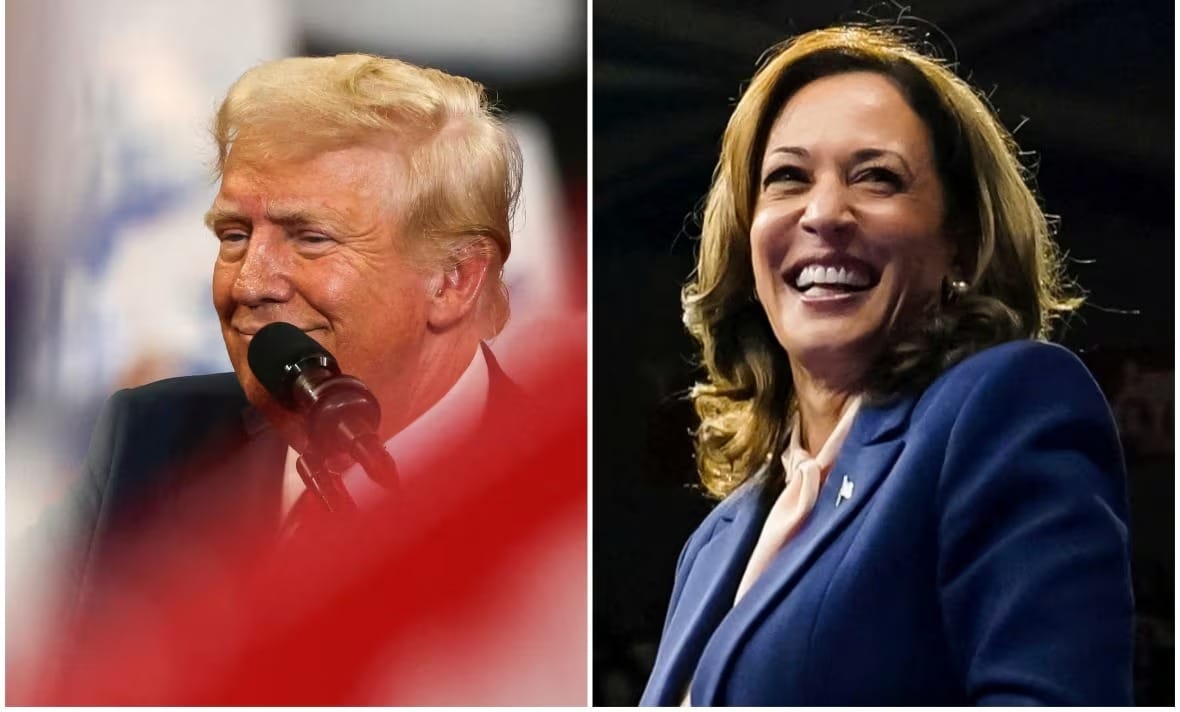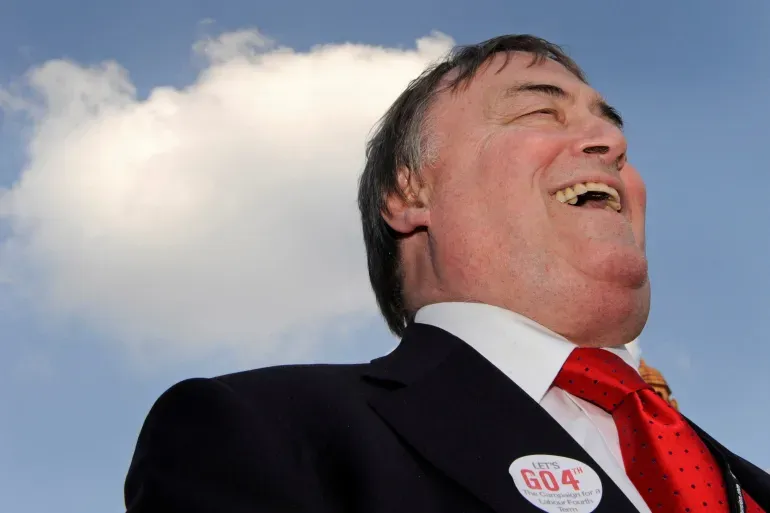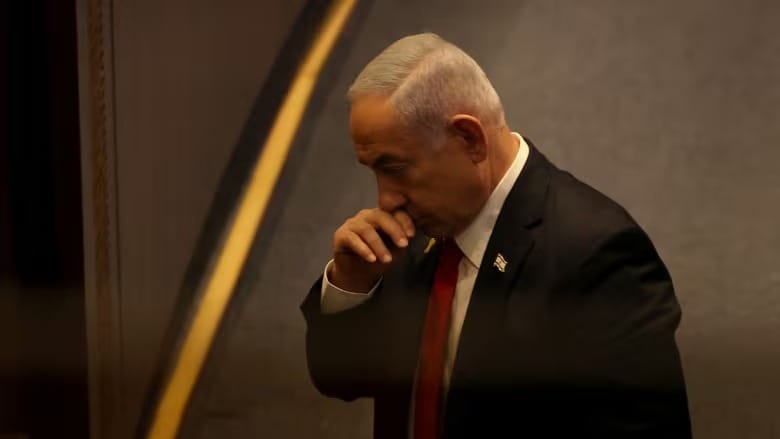Harris's first campaign interview a spring cleaning for her political resumé
U.S. presidential candidate tosses away some old policies that risk hurting her campaign

Kamala Harris's first sit-down interview as a presidential candidate may not be one for the history books, either for its success or failure.
Historical significance aside, it was a moment of "closet decluttering" as Harris addressed her previous political positions, discarding old stances that could hinder her current campaign. During the interview on Thursday with CNN, she faced questions about her shifting views on key issues.
For instance, does she still support a ban on oil fracking? The answer is no—she no longer does. When asked what prompted this change, her response was unclear. As for decriminalizing illegal border crossings? She’s now opposed to that as well.
Harris made it evident that she’s positioning herself to attract voters in the political center, a continuation of the strategy seen during the recent Democratic convention, which featured repeated appeals to Republicans.
She even mentioned the possibility of appointing a cabinet member from the opposing party, something occasionally seen in Washington.
The interview, conducted alongside her running mate, Minnesota Governor Tim Walz, was one of the first unscripted moments for a candidate who has ignited grassroots enthusiasm and attracted donations but is still navigating an uncertain campaign landscape.
Given her late entry into the race, Harris has just begun unveiling policies and participating in interviews, both traditional components of a presidential campaign.
Her Republican opponent, former President Donald Trump, is clearly uninterested in seeing her successfully pivot to the center. His campaign, vying for the same moderate votes, quickly released a statement Thursday night branding Harris as a "radical leftist," citing numerous past statements that weren't addressed in the interview.
The consensus from CNN's post-interview panel was that the 50-minute segment did little to alter the tight race. Obama strategist David Axelrod compared it to a football game, saying, "I don't think she moved the ball that much forward, but she certainly didn't fall back." Host Abby Philip likened it to a "do-no-harm" interview.
Interview Begins with Harris's Day 1 Plans
The interview kicked off with CNN's Dana Bash asking Harris about her plans for her first day as president.
Harris's response was a broad discussion that touched on the aspirations and goals of Americans, Trump’s divisiveness, and a brief mention of strengthening the middle class—without outlining specific actions.
"There are a number of things," Harris replied.
When Bash pressed her for a more concrete Day 1 agenda, Harris mentioned lowering the cost of living, specifically referring to her child tax credit proposal aimed at reducing childhood poverty—similar to Canada's plan—which would require congressional approval.

Addressing 2020 Campaign Promises
Harris was also questioned about her more left-leaning promises from her unsuccessful 2020 presidential run. In a 2019 town hall, she said, "There's no question I'm in favor of banning fracking," which was well-received by Democratic primary voters at the time but is now considered a liability in key swing states like Pennsylvania.
Harris insisted that she had renounced that position by 2020. "As vice-president, I did not ban fracking. As president, I will not ban fracking," she said. When asked what led to the change, her answer was vague.
However, she reaffirmed her commitment to addressing the climate crisis: "Let's be clear: My values have not changed," she said, referring to her role in casting the Senate's tie-breaking vote for a historic green energy investment that also expanded fracking.
Regarding her stance on decriminalizing illegal border crossings, Harris clarified that while she had previously supported using non-criminal penalties instead of jail time, she now believes "there should be consequences.… We have laws that have to be followed and enforced."
She was also questioned about her ability to lower living costs, considering that these costs soared while she was vice president.
Harris responded that the country had to recover from a global pandemic and noted that inflation is now below three per cent. She highlighted the Biden administration's efforts to reduce costs in certain areas, such as specific drugs for seniors, including insulin.
"But you are right," she continued. "Prices are too high." Harris proposes a mix of spending, tax, and regulatory changes to make housing, child care, and groceries more affordable, though some details remain unclear.
Showdown with Trump
Meanwhile, her opponent Trump has not been a paragon of clarity. He has proposed a tariff on all U.S. imports, with rates varying between 10 per cent and 20 per cent, without specifying the executive authority he would use, or which countries or products might be exempt, including oil.
Trump has also spoken vaguely about military strikes against drug cartels and, just Thursday, appeared to endorse, then walk back, the idea that he might vote to overturn Florida’s six-week abortion ban in an upcoming referendum.
One controversial aspect of Harris's record that she fully embraced during the interview was her connection to President Joe Biden, who defeated Trump in 2020.
Harris recounted the surprising call she received from Biden on July 21, informing her of his intention to withdraw from the race. She recalled being with her grandnieces and planning to work on a puzzle when the call came in.
Given the opportunity to distance herself from Biden, Harris instead expressed pride in working with him, praising his presidency as transformative in strengthening U.S. manufacturing, infrastructure, and global alliances.
"He has the intelligence, the commitment, the judgment and disposition," Harris said. "By contrast, the former president [Trump] has none of them."
CNN’s interviewer noted an intriguing detail: Harris has never met Trump before.
Their first meeting is scheduled for September 10, on a debate stage, in what could be the most significant night of this election. It’s likely to be far more memorable than Thursday’s interview.





